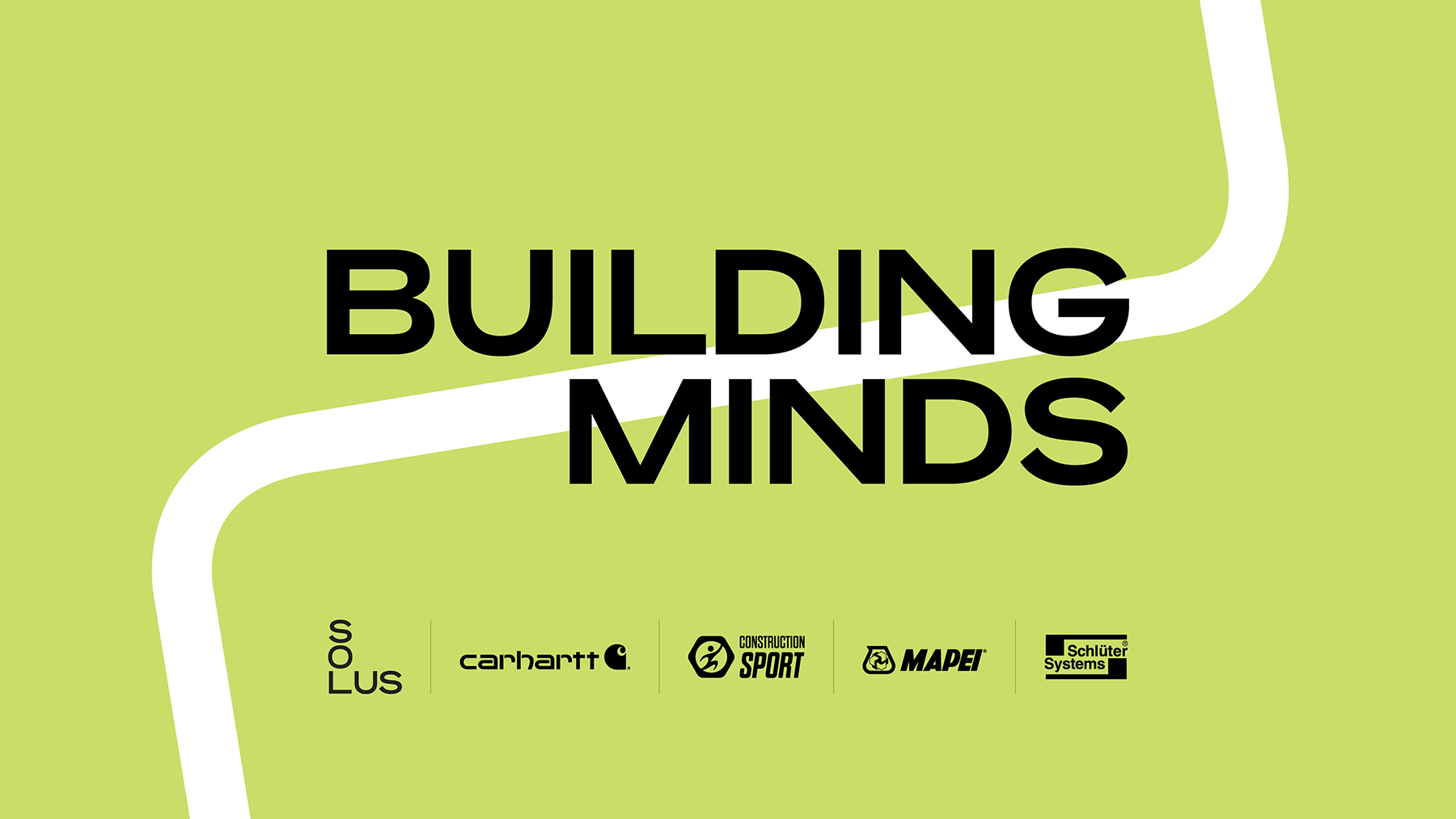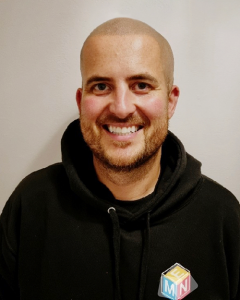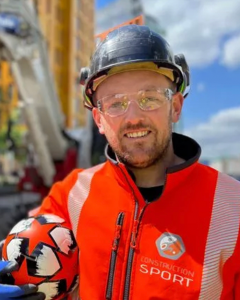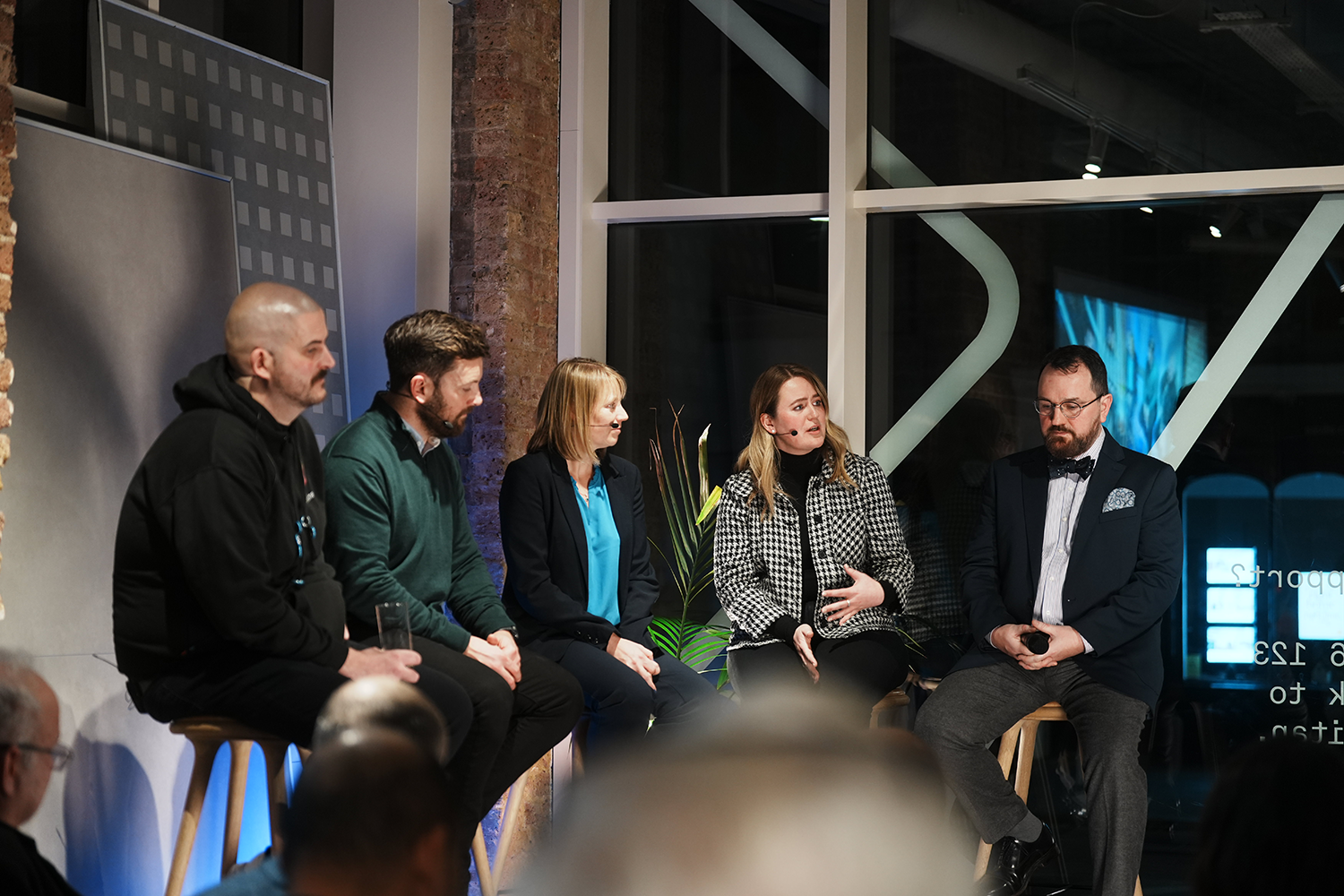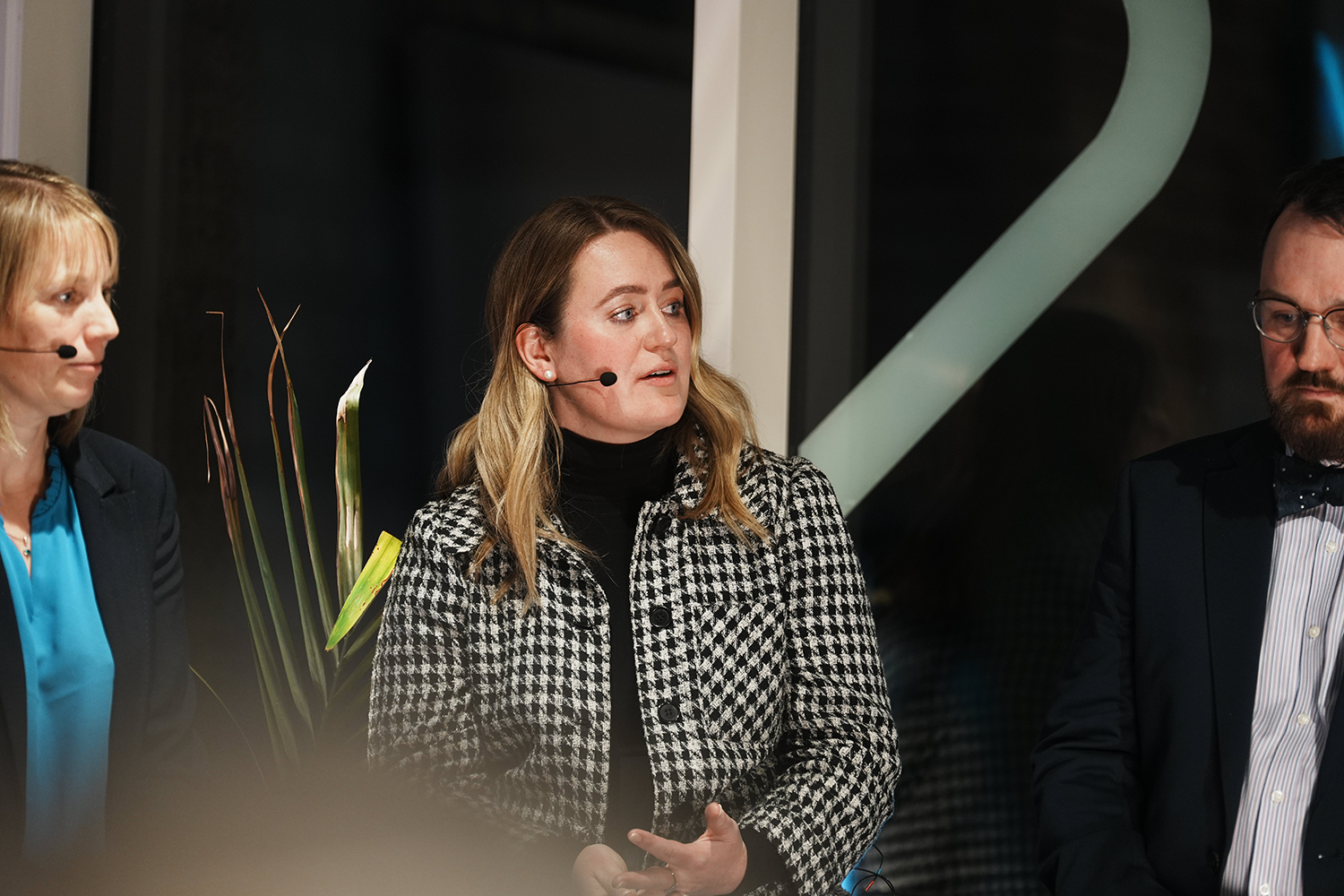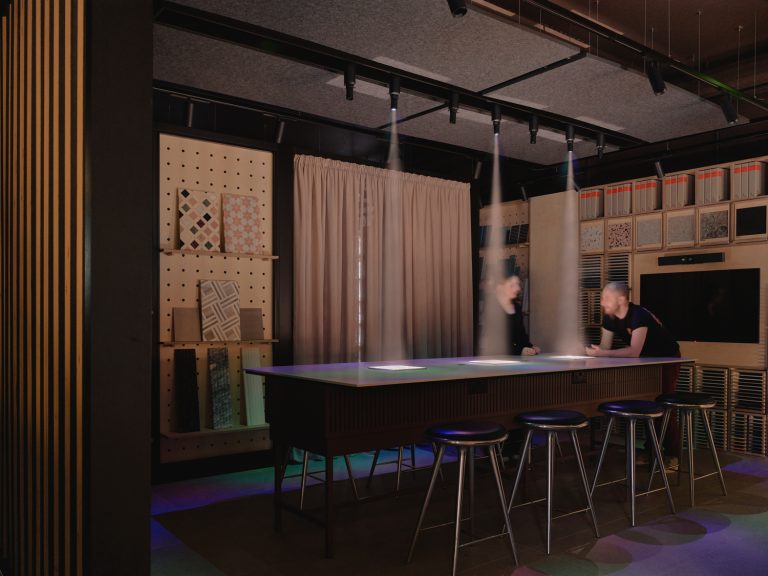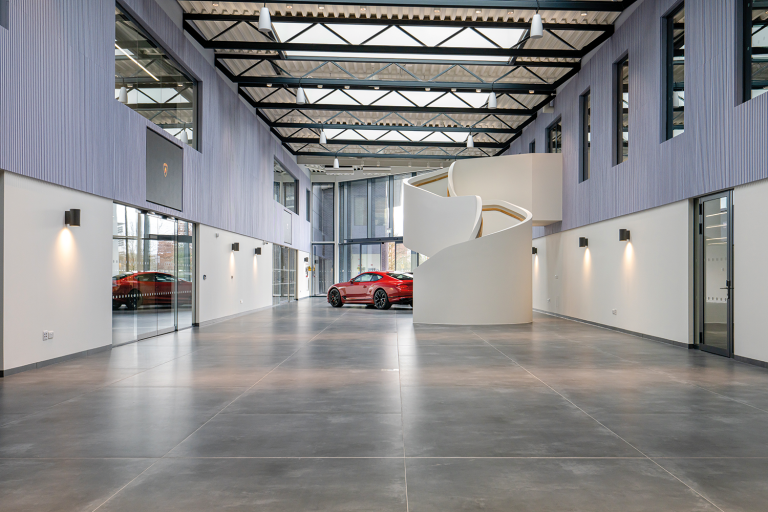The psychological profile of the construction workforce
Steve told us that people joining the workforce often arrive a bit broken. Veterans, rehabilitated prisoners often find their way into the construction sector. Steve told us a story about an ex-forces colleague who did not want to work with anyone called Mike. A strange request – it turned out that ‘Mike 2’ was a call signal from an operation that had gone badly and was a trigger word for his PTSD. Steve remarked that we sign off our machinery every day, but we don’t sign the person off.
Steve said there was a significant problem in not recognising or acknowledging PTSD within the industry. Furthermore, the work can take you to places where you experience trauma. When working on a Crossrail project there were multiple suicides on the line, one of which his team witnessed. They were offered some days off which they were unable to take because they would have lost their pay.
Jack told us about the suicide prevention initiatives he runs in York college for young people taking training to enter the construction sector. Five minutes ago, they were in the playground with their mates; now they’re on a cold, wet site at 5.30am and it looks like this is the only future they have. For many of them, construction wasn’t a choice; they didn’t achieve great academic results. Some of them have reported that the wellbeing checks from site managers are a box-ticking exercise not offered with any genuine intent.
In defence of the site managers, this is due to time pressure and a lack of training in how to have wellbeing conversations. The feedback at the end of these courses indicated to Jack and his team that the participants were well aware of the counselling resources available to them. What they wanted was training in how to manage their money, how to support their own wellbeing and that of their families. Studies have shown that people who take their own lives overwhelmingly do so because of money problems and/or family problems.
We asked the panel the second framing question, ‘what can we do about the mental health crisis?”
Kari summarised the main points of attack. We communicate how people can get help. We change the culture by ensuring people know that it is ‘okay to not be okay’. More importantly, we look at prevention. We look at payment terms. We look at long hours. We learn about the neurodiversity of our workforce and learn how to support them. Recent research has suggested that, for younger people, communications of this nature are most effective conducted through apps. Apps that allow a direct line of communication with the subcontractor and the main contractor through which workers can say what they need. We take account of the life cycle of a project which comes in peaks and troughs of pressure and build in support at various points. We set up project teams effectively to respond to the changing needs of the workforce. We bring in more diversity in gender and ethnicity into the industry to challenge stereotypes and get broader viewpoints. There is no magic wand, but it is critical that we work together.
Bidding with integrity
Kara said that as a project manager she tries to avoid promising to get something done quicker than is reasonable, even if it means losing out on work. A competitor recently promised a programme six months quicker than her, which was a fairly ridiculous reduction. It’s important to set ourselves up for success, not over-promise, and speak with conviction. If we take longer with the design and flush out all the issues, it allows the supply chain to buy right first time. That then takes the pressure off the profit margins and, when everyone gets to site, it’s getting installed in the right sequence, it’s not rushed, there’s no coming back to fix it. Let’s set realistic programmes that are deliverable in the right way at the right time – that will have a huge impact.
We need to act collectively as an industry to overcome undercutting. If we don’t push the main contractor for an extra percentage, so they don’t push their supply chain, we can show the value of paying people adequately and on time and maybe get a better outcome for everyone.
Kari added to this saying that early collaboration between main and subcontractors at the tendering stage can be powerful. Realistic time frames informed by the entire supply chain presented collectively will remove some stress from a project. She also said that there is some hope that the Building Safety Act will drive up standards in this regard because of the way the designs will have to be set especially for high-risk buildings. She would love to see work done around undercutting and overpromising in terms of timeframes, which has happened in other industries.
People versus profit
Kara made the point that, although there are weightings in the tendering process for how a bidder treats its workforce, 95% of the weighting is commercial. Steve said that until you can demonstrate to the people paying for the project that the wellbeing of the workforce is profitable, there is unlikely to be change.
Kari reminded us that during COVID, schedules were reorganised with shorter shifts and yet productivity was exceptionally high. We weren’t burning people out. If you give people shorter shifts and more breaks, productivity actually increases. However, some people want to work overtime, maybe need to work overtime, so it’s about finding a balance.
Steve spoke about an initiative at Kier where they offered to pay site staff twelve hours for eight hours work as long as there were no issues on site. On that project, they finished ahead of schedule because the team pulled together.
Jack made the point that for every pound spent on mental health you get five pounds back. Alleviate the stress of the workplace and you don’t lose money to absenteeism through ill health. There is a great ROI on wellbeing.
Conclusion
The conversation highlighted a chief cause of suicide and mental distress in the construction sector as late payment. Some developers are unaware of the impact of late payment. Some developers are intentionally withholding payment to retain their capital for as long as possible to accrue interest. They are able to do this because there is no effective regulation for late payment.
This is causing people to take their own lives, creating untold misery for colleagues and families, and making the construction sector the most dangerous sector in the UK economy.
The sector should work collectively to remedy the issue. Lobbying for better legislation around late payments and bidding processes may be necessary.
The people who make up the workforce of the UK construction sector have demonstrated their ability to be flexible, to respond to difficult circumstances, to collaborate, and through it all, to excel.
They are valuable; they deserve to be paid on time.

